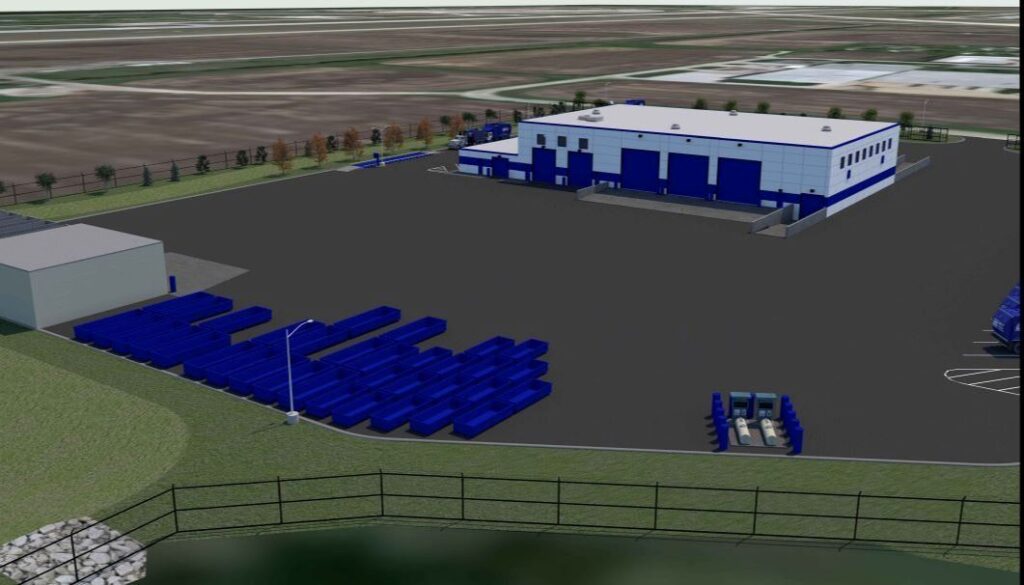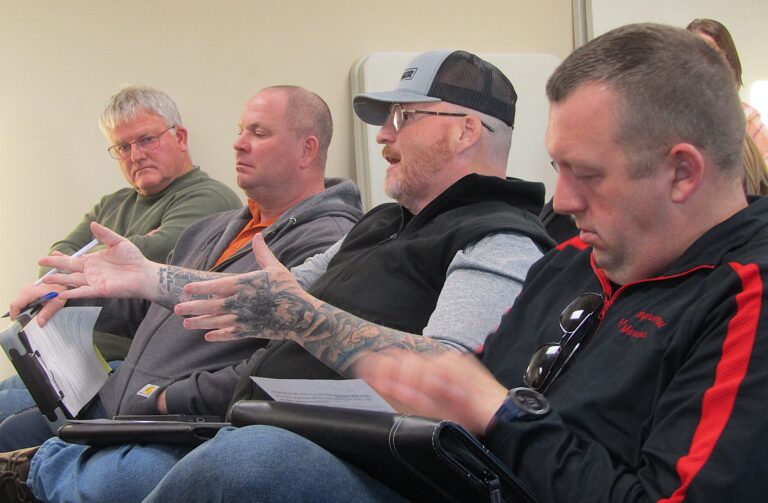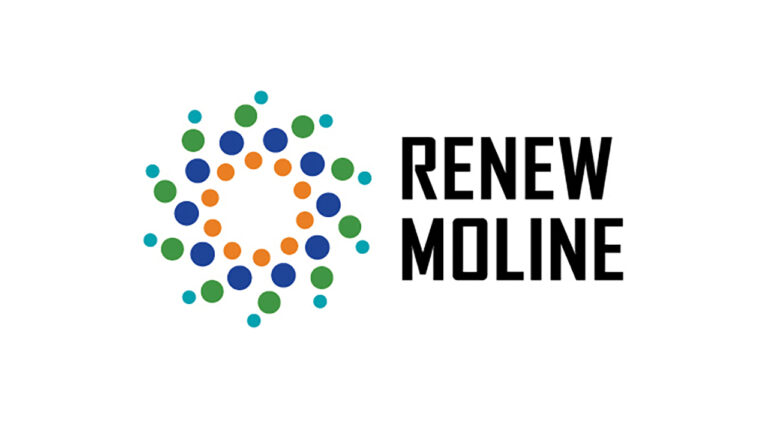RI County panel rejects need for Moline waste transfer station

This is a rendering of a Lakeshore Recycling Systems waste and material transfer station being proposed for a Moline industrial park south of the Quad Cities International Airport. CREDIT CITY OF MOLINE
The Rock Island County Waste Management Agency Board (RICWMA) passed a resolution on Wednesday, April 26, effectively recommending against locating a $15 million waste transfer station in Moline because board members said the county doesn’t need it.
Leading the RICWMA panel’s opposition was East Moline Alderwoman Rhea Oakes who said the county already has sufficient landfill capacity for many years and as a…

Want to Read More?
Get immediate, unlimited access to all subscriber content and much more.
Learn more in our subscriber FAQ.
Do you want to read and share this article without a paywall?







